When Malaysian Airlines Flight 17 was blown out of the skies over eastern Ukraine last Thursday, killing 298 people, and scattering their bodies and body parts over swaths of yellow wheat fields, the world reacted with shock. The story of instability in Ukraine, which had dominated the media for months before slowly fading away, was suddenly thrust back onto center stage and in a more horrific way than anyone could have predicted.
Within days of the attack, U.S. intelligence joined the growing number of voices placing blame squarely on the shoulders of the pro-Russian separatists who control large sections of eastern Ukraine, saying they had fired an advanced surface-to-air missile at the Boeing 777. Once the missile was fired, the airliner had little chance of surviving; upon impact, the plane disintegrated in mid-flight, killing everyone on board.
“It’s a terrible situation,” says Rabbi Moshe Moskowitz, chief rabbi and head Chabad emissary of Kharkov, the largest city in eastern Ukraine and one that remains under Ukrainian government control. “In that area, anyone can have such weapons; it’s a mess. No one knows who has what weapons, and that’s a big problem.”
For some observers, even more appalling than the initial crash was the way in which the crash scene has been handled by rebels since the July 17 downing. For three days following the attack, bodies remained outside, decomposing in the sun amid widespread reports of looting. Separatists have since slowly started cooperating; yesterday, they finally handed over the plane’s black boxes to Malaysian investigators, while the bodies were transported by train out of Russian-separatist area and arrived in Kharkov.
“We have so far not heard of any Jewish passengers who were aboard the plane, but we are going to continue checking into that in case there is anything that will need to be done,” adds Rabbi Moskowitz’s wife, Miriam. “Despite how awful story this story is, people here have some hope that it has finally attracted the attention of the world and might actually bring this situation to an end.”
Caring for Refugees in Central and Western Ukraine
While life as normal continues in western and central Ukraine, the east—especially around the rebel-held cities of Donetsk (MH17 was shot down only 60 miles east of the city) and Lugansk—is ablaze, as Ukrainian security forces attempt to recapture the breakaway regions.
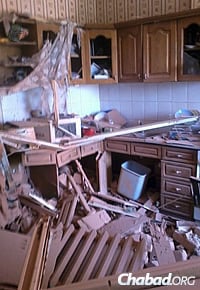
Hoping to escape the shelling and chaos, Jewish community members have been fleeing Donetsk and Lugansk. Some are settling elsewhere until the unrest subsides; others are emigrating to Israel or elsewhere permanently.
The Jewish community in Dnepropetrovsk has been busily working to care for refugees that have arrived in their city, placing them in dormitories and old-age homes, as well as providing counseling for them.
Rabbi Shalom Gopin’s community in Lugansk has been one of the hardest hit since active fighting erupted in the city a few weeks ago. Gopin, who has temporarily relocated his family to Israel but remains in very close contact with Jewish community members who have remained behind, says some 40 people are living within the relative security of the dormitory at the Simcha Orphanage in Lugansk. There, they have stocks of kosher food and quick access to a fortified basement in case shelling begins.
Those who have not left yet are mostly the elderly and the infirm, as well as those too poor to buy tickets to board trains, which have become the sole way out of the city.
“There are tens of people dying in Lugansk every day,” states Gopin. “It’s a war. Grads and Katyushas are landing everywhere, blowing up houses and stores. It’s a horror!”
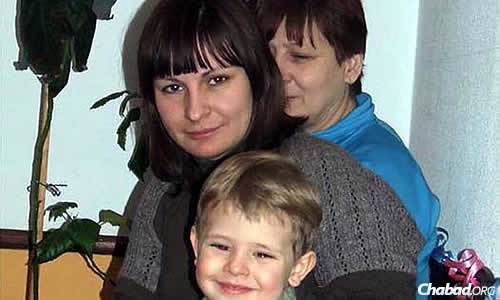
But the Lugansk Jewish community has felt the war in a personal way as well. While out for a quick shopping run on Friday, Svetlana Sitnikov, 57, and her daughter Anna Sitnikov, 31, along with another six people, were killed in an explosion. Anna’s 4-year-old son, Vadim—a student in the city’s Ohr Avner Chabad kindergarten—did not go with them at the last moment, and so survived.
“Vadim attended our gan [preschool], they came to holidays, sometimes Shabbos as well; they were a part of our community,” says Gopin. Despite the difficulties involved, he hopes to arrange Jewish burials for the slain when it becomes possible.
Beginning on Sunday, exiles from Lugansk, along with those leaving and trying to leave the city, will gather at a family camp in the western city of Zhitomer, where they will have the chance to decompress and hopefully relax following weeks of explosions and months of stress. “The Sitnikov family was supposed to come to camp,” notes Gopin, who will be returning to Ukraine with his family to run the camp. “Now, Vadim will come alone.”
Rabbi Cares for War-Torn Donetsk Community

In nearby Donetsk, where the situation has been tense for months, fierce fighting has broken open in the aftermath of the plane crash and now engulfs the city. When trains were halted following the city’s central train station being hit by explosions on Monday afternoon, those still in Donetsk were effectively locked in. A number of Chabad emissaries in the city, including the chief rabbi, Rabbi Pinchas Vishedski, have decided to remain together with the Jewish community there, ensuring that regular prayers and classes continue in the synagogue. They will also work to supply basic food and aid to embattled citizens.
As he prepares to return to Ukraine to reunite with his community—albeit in the relative safety of the Ohr Avner camp grounds in Zhitomer—Gopin reflects on what will be when the respite there comes to an end.
“The whole world is now watching and seeing what is going on in Ukraine, so we hope that things will be calm again and back to normal by the time camp ends,” states Gopin. “If not, we are preparing contingency plans to help those who cannot go back and have nowhere to go. We are a community, and we will continue to help each other through all of this.”
A fund to assist the Jewish community of Lugansk can be found here.
A general fund on behalf of the Jewish communities in Ukraine can be found here.
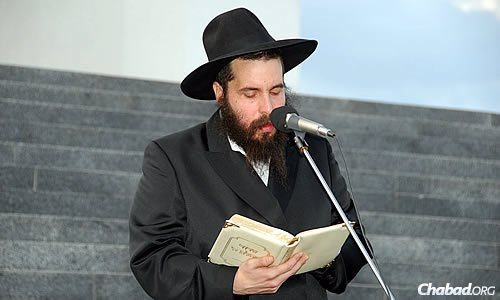
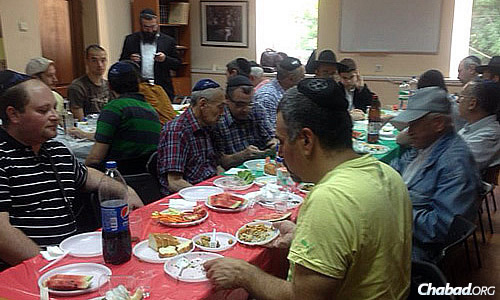


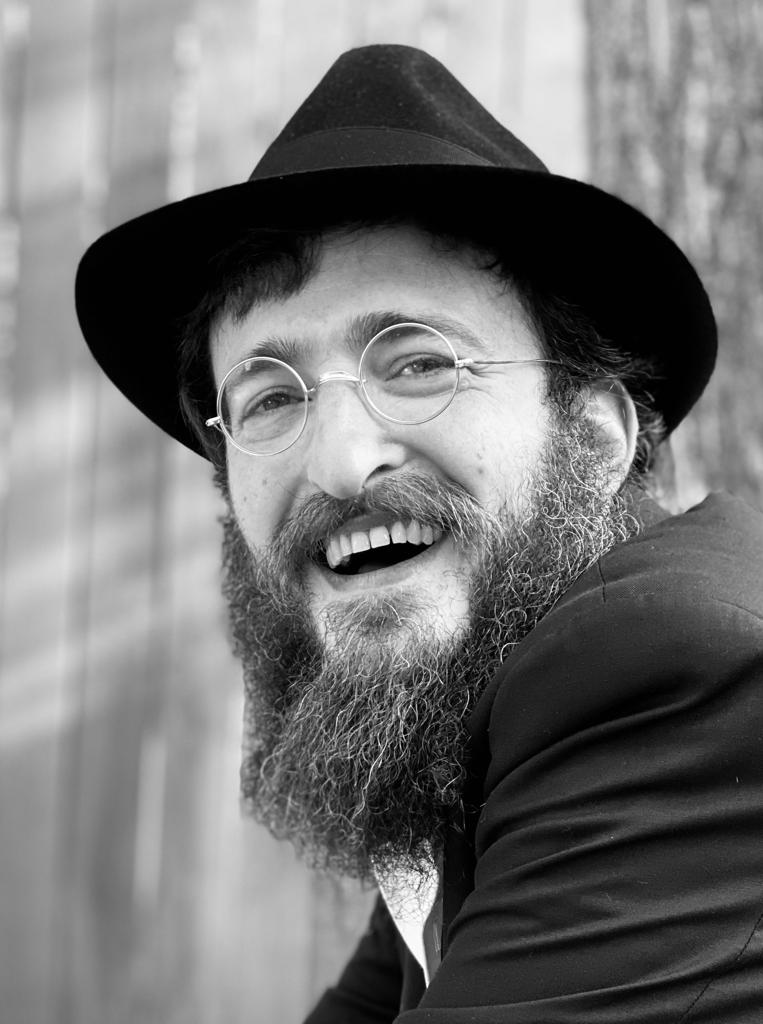


Start a Discussion